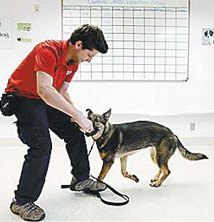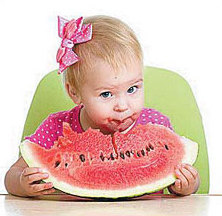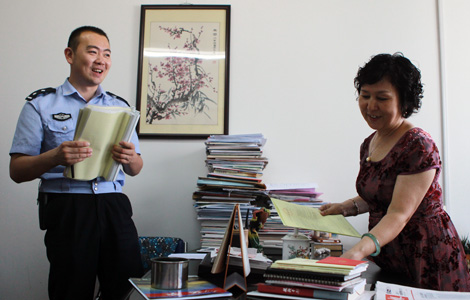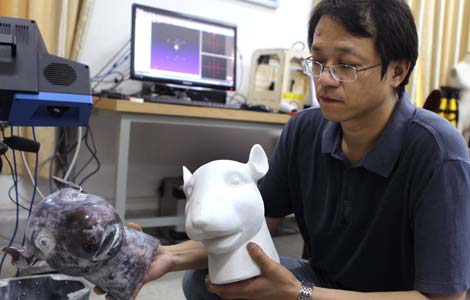IN BRIEF
Updated: 2013-08-14 07:40
(China Daily)
|
||||||||
Spotlight on TCM
A forum on the development of health industry in China was held recently in Beijing. High-ranking officials, including Li Da'ning, deputy director with State Administration of Traditional Chinese Medicine, and Qin Xiaoming, deputy president of China Healthcare Association, and university researchers attended the forum. With the country's economic development, Chinese people now live a better life and pay more attention to their health. The healthcare industry has been thriving in recent years. But the industry should use more TCM, which needs to be better regulated, since the profit is so high, experts say. According to Qin, the gross value of the healthcare industry in China is 700 billion yuan ($114 billion).
Sniffing out cancer

Researchers trying to develop a diagnostic tool for ovarian cancer are hoping dogs' keen sense of smell will lead them down the right path. An early detection device that combines old-fashioned olfactory skills, chemical analysis and modern technology could lead to better survival rates for the disease, which is particularly deadly because it's often not caught until an advanced stage. Using blood and tissue samples donated by patients, the University of Pennsylvania's Working Dog Center has started training three canines to sniff out the signature compound that indicates the presence of ovarian cancer. If the animals can isolate the chemical marker, scientists at the nearby Monell Chemical Senses Center will work to create an electronic sensor to identify the same odorant. The Philadelphia researchers will build on previous work showing that early stage ovarian cancer alters odorous compounds in the body. Another study in Britain in 2004 demonstrated that dogs could identify bladder cancer patients by smelling their urine.
Food prevents allergy

Babies who ate more fruits and vegetables and fewer packaged foods were less likely to develop food allergies in a new study that looked at overall diet patterns instead of just specific foods. "We have been aware that certain diets seem to reduce the risk of allergy in infants," says Dr Magnus Wickman, a professor at the Karolinska Institute in Stockholm, Sweden, who was not involved in the study. "The mechanism behind that is that we think different kinds of fatty acids and antioxidants, different kinds of vitamins and essential minerals are good for your health and also prevent allergy," he says. Parents are sometimes advised to avoid certain foods as a means of preventing food allergies from starting. But Kate Grimshaw, lead author of the new study and a researcher at the University of Southampton in the UK, says she's been concerned that parents are reducing the nutritional diversity of their infants' diet without there being a great deal of evidence to back up the practice.
China Daily - Agencies
(China Daily USA 08/14/2013 page9)

 Huawei unveil Ascend P6 smartphone in Vienna
Huawei unveil Ascend P6 smartphone in Vienna
 That's one cool game of mahjong
That's one cool game of mahjong
 Isinbaeva leads harvest day for host Russia
Isinbaeva leads harvest day for host Russia
 Perseid meteor shower puts on show in night sky
Perseid meteor shower puts on show in night sky
 Bird flu, slowdown hit sales at fast-food chains
Bird flu, slowdown hit sales at fast-food chains
 PetroChina poised to dominate Iraqi oil
PetroChina poised to dominate Iraqi oil
 Marriage attitudes slowly change
Marriage attitudes slowly change
 On frontline of fight against crime
On frontline of fight against crime
Most Viewed
Editor's Picks

|

|

|

|

|

|
Today's Top News
Brazil demands clarifications on NSA surveillance
2nd-generation ID cards to include fingerprints
Chinese students boost boarding business in US
TCM chain probed after illegal house exposed
Friends of accused Boston bomber due in court
Economic hub on Bohai Bay
PM to visit China for milk scare
Donors of organs easing transplant shortages
US Weekly

|

|




